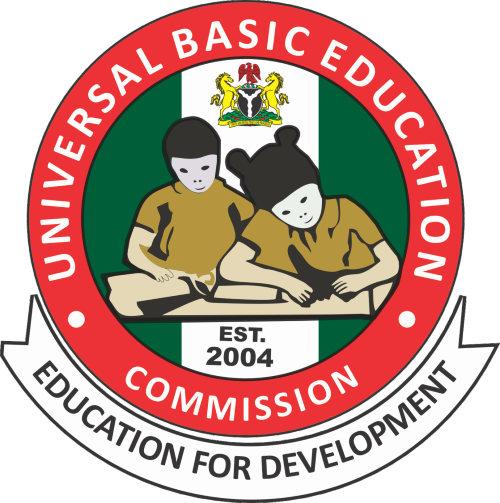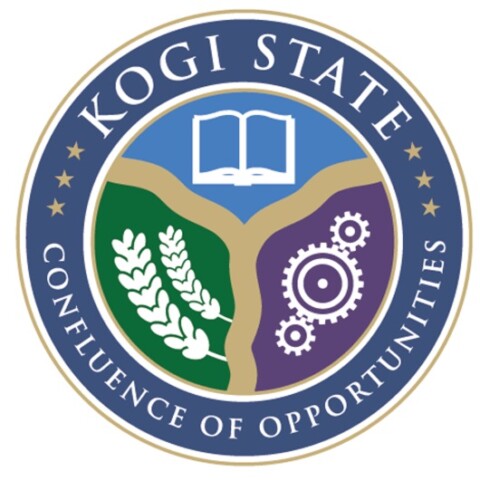Fresh data from the Universal Basic Education Commission (UBEC) for the 2022/23 academic year has revealed that nearly one-third of teachers in Nigeria’s basic education system lack the necessary qualifications. The report shows that only 70.8% of basic school teachers across the country meet the required teaching standards, leaving a staggering 492,912 unqualified educators in the system.
The South West region has the lowest percentage of qualified teachers at 66.34%, and also tops the chart in absolute figures with 140,824 unqualified teachers. On the other hand, the North Central region leads with the highest proportion of qualified teachers at 74.78%, closely followed by the South East (72.39%), North West (72.04%), and North East (71.41%). The South South zone comes next with 69.81% qualified.
In terms of the actual number of unqualified teachers:
- North West – 95,833
- North Central – 81,636
- South South – 72,728
- North East – 53,938
- South East – 47,953
Former Registrar of the Teachers Registration Council of Nigeria (TRCN), Prof. Josiah Ajiboye, emphasized in July that the rising number of school-aged children and the growing number of public and private schools have placed immense pressure on the education sector. “The availability and competence of qualified teachers remain key to delivering quality education, but the current shortfall presents serious concerns,” he said.
UBEC also reported that public primary schools now enroll approximately 24.2 million pupils, while private schools account for 7.4 million. However, the rapid expansion of school enrolments has not been matched by sufficient teacher training and recruitment.
Nigeria’s education system has long battled with chronic underfunding, inadequate infrastructure, and a surging population. Analysts warn that unless teacher quality improves, national efforts to boost literacy and learning outcomes could stall.
Although government plans are underway to enhance teacher capacity through continuous professional development and tighter recruitment criteria, the current data highlights the slow pace of progress. Education stakeholders stress that without sustained investment and reforms, the shortage of qualified teachers could jeopardize the country’s goal of achieving universal, high-quality education in line with global development targets.





